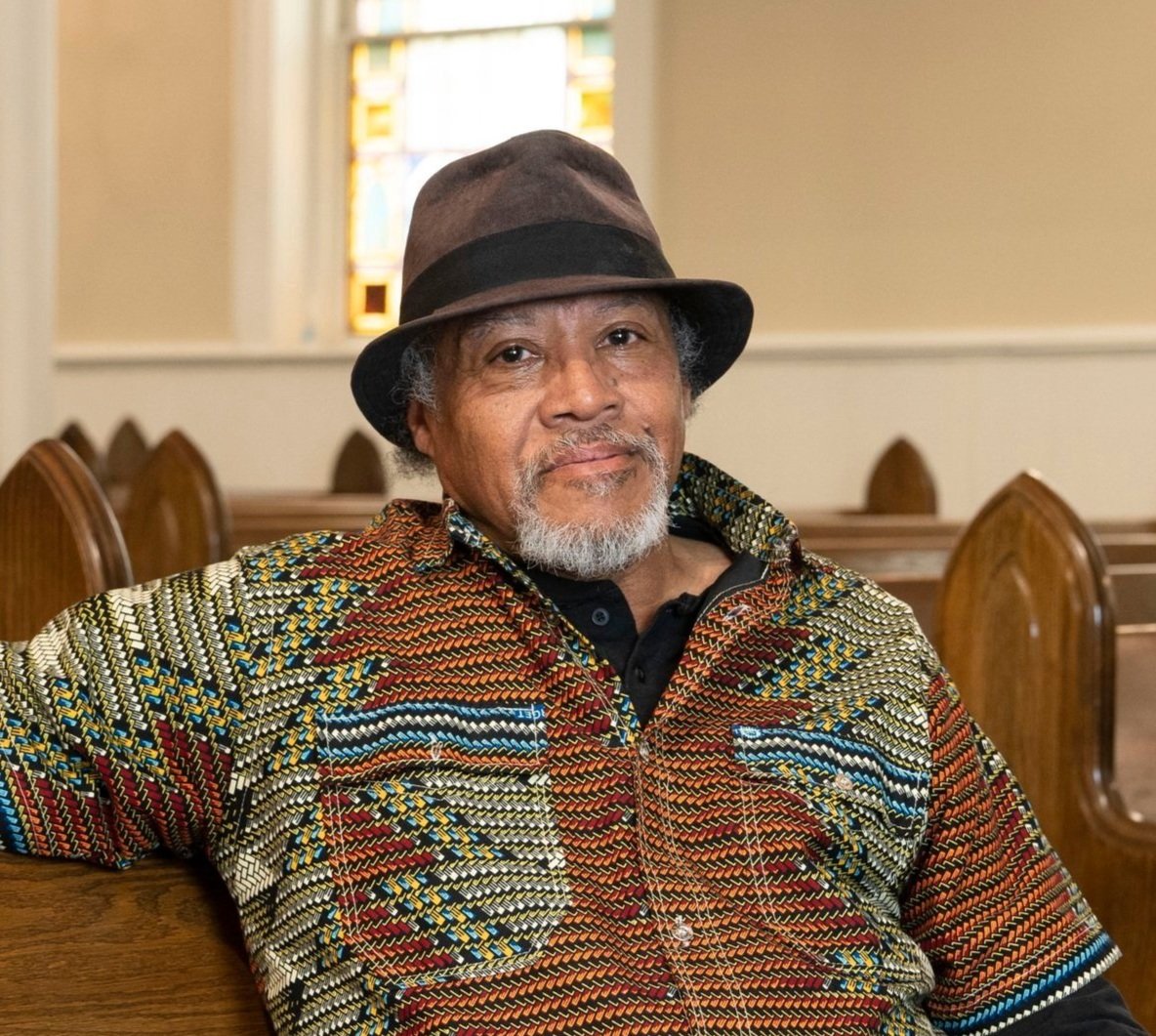Asheville citizens offer their perspectives
At the 1866 Freedmen's Convention in Raleigh, North Carolina, former Provisional Governor William Woods Holden remarked that African Americans seeking rights, specifically political rights, were a "weariness to the flesh," suggesting that the newly-freed individuals stay in their place and not seek too much too soon.
But the formerly enslaved were ready to build new lives. And if they could not yet build political power, they could build community. In the mountains, where they had once been farmed out to work on roads and railroads, African Americans spent the late 19th and early 20th centuries creating churches, schools, businesses, and cultural institutions. The African American community created what it needed to live full lives and "was left alone and able to attend to itself" because of segregation, writes Nan Chase in Asheville: A History.
African Americans became the foundation for Asheville's success — the tourism that was and still is "the lifeblood of the economy," as Ina and John James Van Noppen write in Western North Carolina Since the Civil War. The 1886 census and city directory show nearly half of African Americans living in the area were working as "service employees" at the hotels, sanitariums, and similar establishments. As the health resort and tourism industries grew, African Americans "migrated to the area to fill the many service-related jobs ... solidifying the important economic role that they played in the city's development," writes historian Darin Waters in Life Beneath the Veneer. And today, Black residents have high representation in industries like extraction and agriculture and childcare, according to the 2018 City of Asheville Disparity Study.
African Americans played a major role in developing the city. Were these contributions a "weariness" as Holden intimated? In interviews for the Weariness to the Flesh project, Asheville citizens and natives offer their perspectives, share their experiences, and discuss how Black self-determinism helped shape the Land of the Sky.
In 2021, the Buncombe County Tourism Development Authority reported that Asheville saw $2.6 billion in visitor spending.








